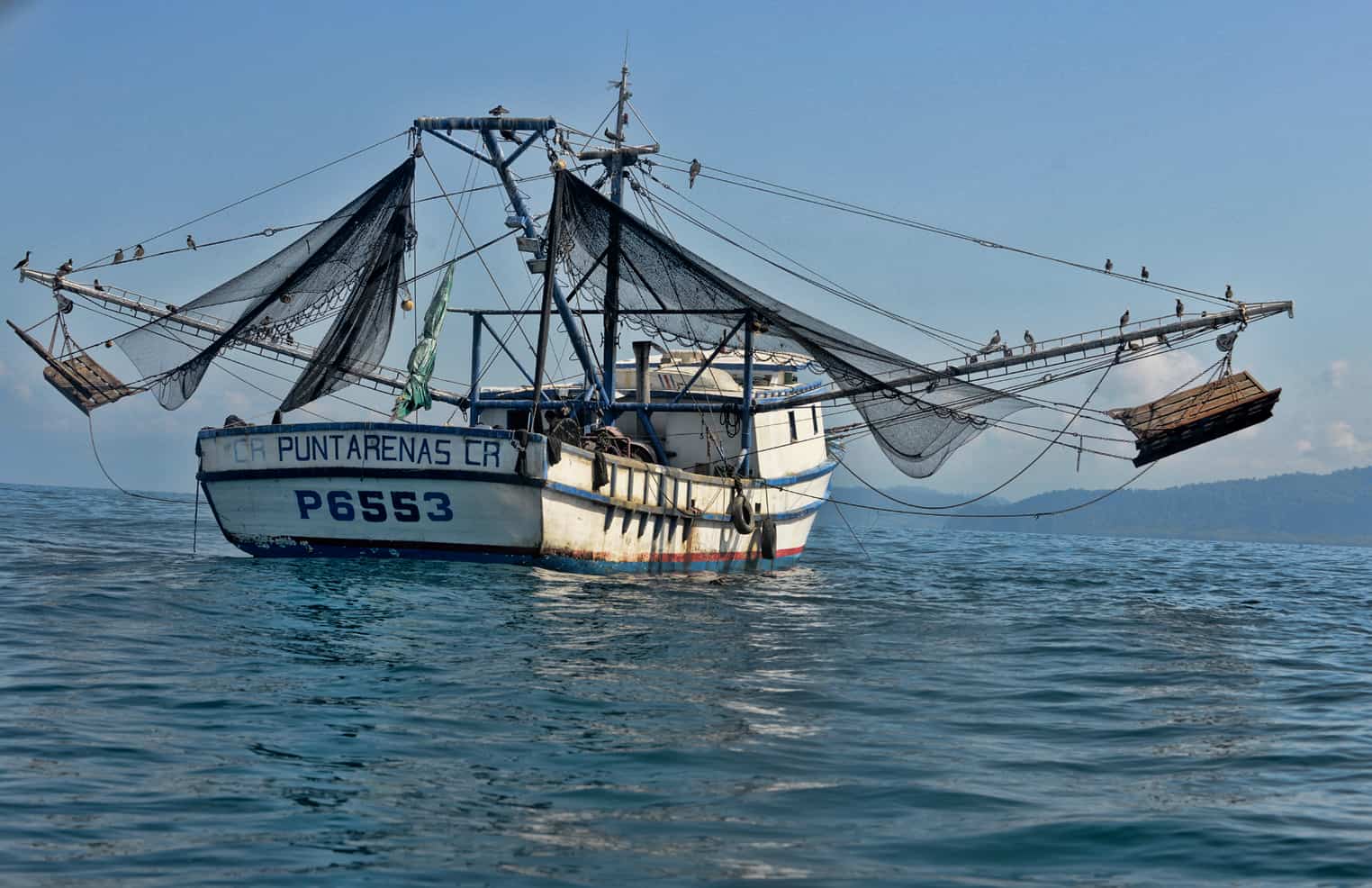Costa Rica’s Legislative Assembly on Thursday approved a controversial law authorizing trawl fishing, a method questioned by environmentalists and small-scale fishermen who fear the destruction of marine life.
The norm, defended by industrial fishing companies, was approved in a second debate with 28 votes in favor and 18 against, of the 57 members of the Legislative Assembly. The remainder either abstained or were absent.
“A sad day for the country,” said deputy Paola Vega, from the ruling Citizen Action Party, one of the most active opponents of the project.
The new legislation instructs the state-run Costa Rican Fisheries Institute to prepare a study within one year to determine how using trawl nets for shrimp capture can be done without affecting the sustainability of the oceans.
This fishing method was questioned by environmentalists and academics, including the School of Biology and the Center for Research in Marine Sciences (Cimar), both at the University of Costa Rica, the main center for higher learning in the country.
The latter institution warned in a study that trawling “is not selective” and captures other species in the net. They pointed out that the use of nets causes the death of sea birds, sharks and turtles, among other species.
The practice also harms artisanal fishermen, Cimar said.
“The extensive and unrestricted environmental damage that the activity produces and its impact on other productive sectors of the country, on which thousands of people depend, is not justified,” both UCR institutions said.
Evangelical deputy Melvin Núñez, from the opposition National Restoration Party, defended trawling, noting that it generates at least 3,000 jobs in coastal areas, which have the highest poverty rates in the country.
The constitutional chamber of the Supreme Court of Justice suspended the granting of licenses for trawling in 2013 and requested further studies to resume this practice.
The new legislation sets in motion the process to resume this form of fishing in Costa Rica, a country that prides itself on its environmental policies.






